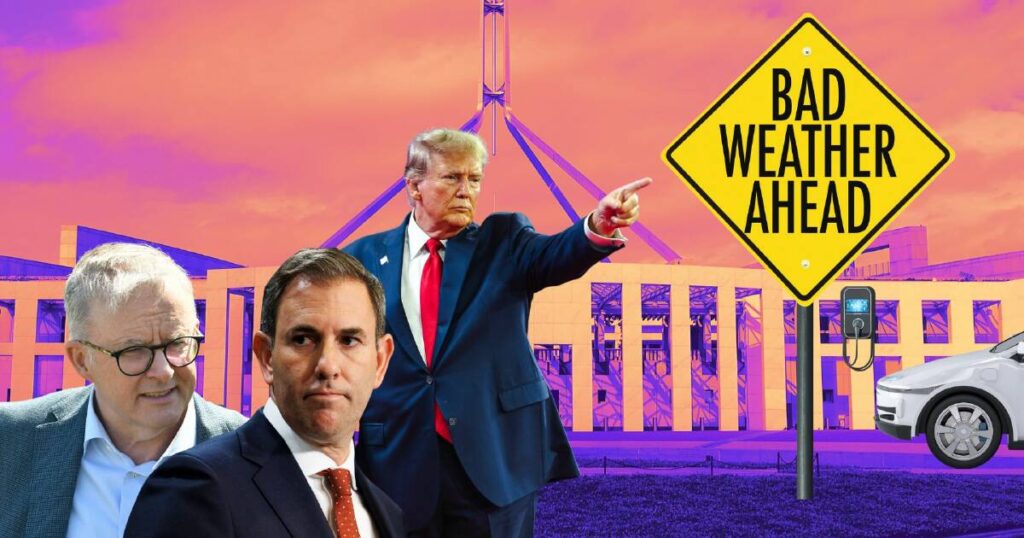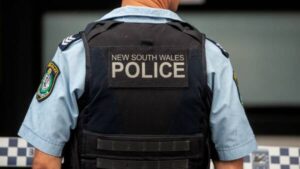
President Donald Trump has unveiled a series of proposals that could significantly impact both the global economy and environmental policies. Among the most controversial measures is a potential 250 percent tariff on Australian pharmaceutical exports, which threatens to complicate trade relations between the United States and Australia. This announcement coincides with a broader initiative to impose a 10 percent global benchmark tariff that aims to reshape international trade dynamics.
During a diplomatic engagement, Australian Prime Minister Anthony Albanese is expected to address these developments at the Australia-New Zealand leaders’ meeting this weekend. The Prime Minister now faces the challenge of countering the implications of Trump’s tariff proposals, which have already drawn criticism from Australian political leaders.
In a separate announcement, the White House has declared that federal law enforcement agencies, including the FBI and DEA, will increase their presence in Washington, D.C. This move comes in response to rising violent crime, with White House Press Secretary Karoline Leavitt emphasizing the administration’s commitment to protecting citizens. “Starting tonight, there will be no safe harbor for violent criminals in D.C.,” Leavitt stated.
Amid these developments, President Trump has also proposed significant cuts to funding for key science and climate agencies such as NASA and the National Oceanic and Atmospheric Administration (NOAA). This shift is part of his broader agenda to dismantle Biden-era emissions reduction policies and could disrupt weather forecasting capabilities globally. According to Florian Pappenberger, the incoming director-general of the European Centre for Medium Range Weather Forecasting, these cuts will likely lead to a “diminished reliability in forecasts for agencies around the world.”
In an alarming revelation, the Australian Automobile Association has reported that several popular electric vehicles (EVs) sold in Australia are failing to meet their advertised ranges. Under a federally funded Real-World Testing Program, tests showed that the BYD Atto 3 SUV fell short by a staggering 111 kilometers from its claimed range, consuming 21 percent more power than advertised. This news raises concerns for consumers and may impact the Labor government’s push towards an EV-dominated future.
As the government grapples with the implications of these findings, questions arise regarding consumer law and the reliability of EV marketing. The need for improved charging infrastructure in regional areas remains critical, as many rural communities face significant barriers to EV adoption.
Additionally, the Invasive Species Council has welcomed a federal funding announcement of $2.8 million aimed at bolstering bird flu biosecurity across captive-breeding programs for threatened species. This funding is a part of a broader $100 million investment to protect against H5 avian influenza, which poses a significant risk to wildlife.
Despite these challenges, Australia has been declared free from high-pathogenicity avian influenza in poultry. However, experts caution that vigilance is necessary, especially with the ongoing threats posed by the H5N1 strain, which has wreaked havoc in other regions and infected various animal species.
As the landscape of global trade, science funding, and environmental policy continues to shift, the ramifications of these developments will be closely monitored by both domestic and international stakeholders. The upcoming discussions between Australian and New Zealand leaders may serve as a critical juncture for addressing these pressing issues.







